Navigating the Digital Frontier: Your Essential Guide to Safe Crypto Gaming
The world of gaming is undergoing a revolutionary transformation, driven by the emergence of blockchain technology. Crypto gaming, often referred to as Web3 gaming or Play-to-Earn (P2E) gaming, promises a paradigm shift, giving players true ownership over their in-game assets, the ability to earn real value, and a voice in the development of their favorite virtual worlds. Imagine owning a unique sword as an NFT that holds real-world value, or earning cryptocurrency just by questing in a fantastical realm. This isn't science fiction; it's the present reality.
This exciting new frontier, however, is not without its challenges. The decentralized nature of blockchain, while empowering, also presents a complex landscape where risks, scams, and vulnerabilities can lurk. Just as the internet's early days required users to adapt to new security paradigms, crypto gaming demands a proactive, informed approach to safety. This comprehensive guide is designed to empower you, the intrepid gamer, with the knowledge and tools needed to navigate the vibrant yet volatile world of crypto gaming securely and confidently.
Understanding the Crypto Gaming Landscape
At its core, crypto gaming leverages blockchain technology to integrate digital assets and economic models directly into gameplay. Non-Fungible Tokens (NFTs) are central to this, representing unique in-game items like characters, skins, land plots, or weapons, which players truly own and can trade, sell, or even use across different compatible games. Cryptocurrencies, often native to the game's ecosystem, serve as the medium of exchange, rewards, and sometimes governance tokens, granting holders voting rights on the game's future development. The P2E model allows players to earn these digital assets and cryptocurrencies through gameplay, staking, or contributing to the game's economy, offering a new dimension beyond traditional gaming's consumption-based model.
This innovation brings immense potential for new economic opportunities, deeper player engagement, and novel gaming experiences. However, it also introduces elements of financial investment, market volatility, and a steeper learning curve compared to conventional gaming. Understanding these fundamental components is the first step towards a safer and more rewarding crypto gaming journey. Without a grasp of how these elements intertwine, it's easy to fall prey to misconceptions or malicious actors seeking to exploit the uninformed.
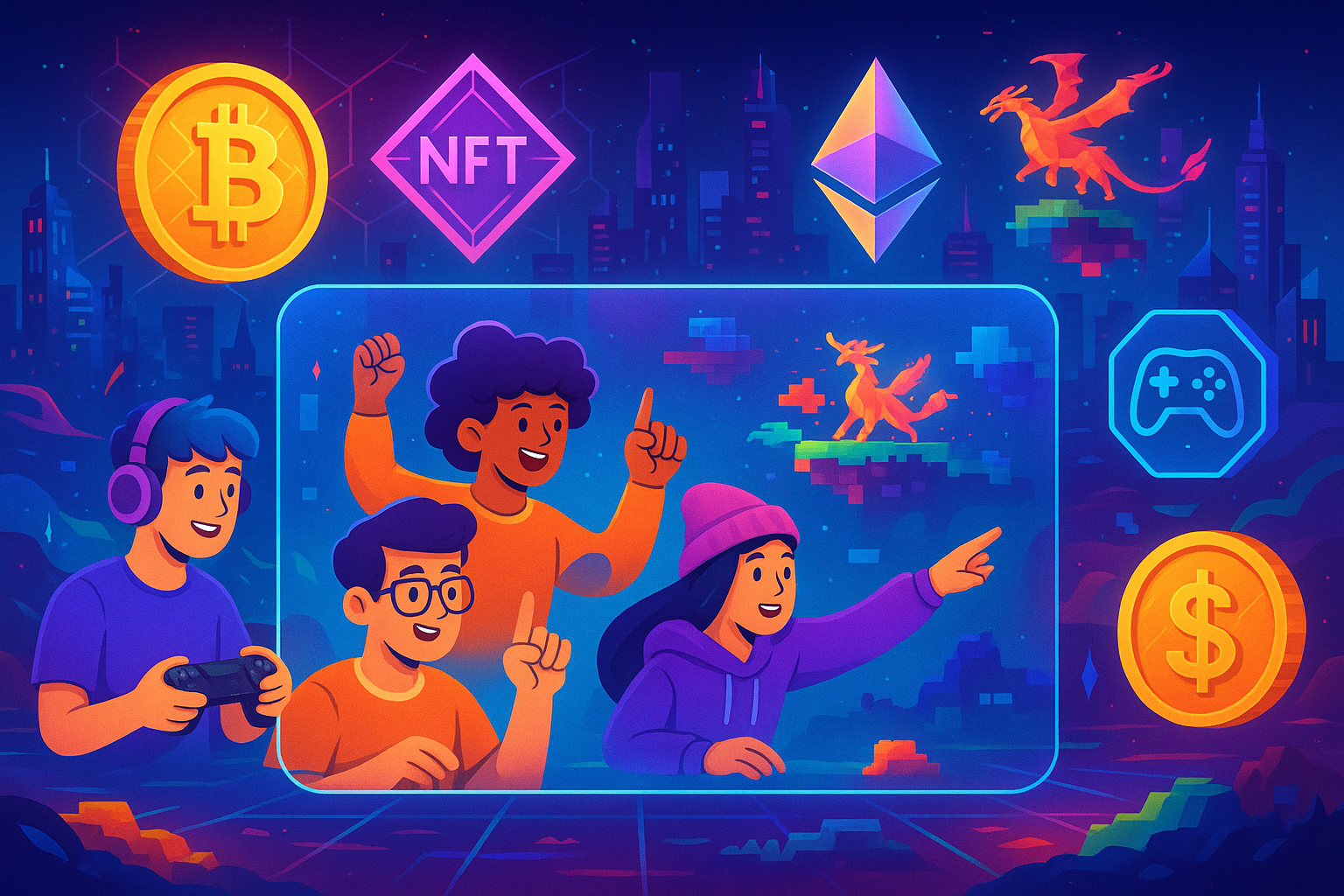
Pillars of Safe Crypto Gaming: Your Shield in the Digital Arena
1. Diligent Research is Your Best Defense
In the fast-paced world of crypto gaming, projects emerge and evolve at breakneck speed. Before investing time or money into any game, thorough due diligence is paramount. Think of yourself as a detective, scrutinizing every piece of available evidence. Start by examining the project's whitepaper and roadmap: are they clear, realistic, and professionally presented? A vague or overly ambitious whitepaper with no tangible plans is a major red flag. Investigate the development team behind the project. Are they doxxed (publicly identified)? Do they have a verifiable track record in gaming or blockchain? Anonymous teams, while not always malicious, carry a significantly higher risk.
Community engagement offers valuable insights. Explore their official channels on platforms like Discord, X (formerly Twitter), and Reddit. Is the community active and supportive, or are there signs of excessive hype, bots, or unanswered critical questions? Look for legitimate partnerships and endorsements, but be wary of projects that only trumpet minor collaborations or celebrity endorsements without substantial technological backing. Finally, understand the game's tokenomics – how its native cryptocurrency or NFTs are distributed, earned, and spent. Is the model sustainable, or does it rely on continuous new player influx to maintain value? Unrealistic earning promises often point to an unsustainable or even predatory design. Scrutinizing these aspects diligently will help you filter out potential rug pulls and poorly conceived projects from truly promising ones.
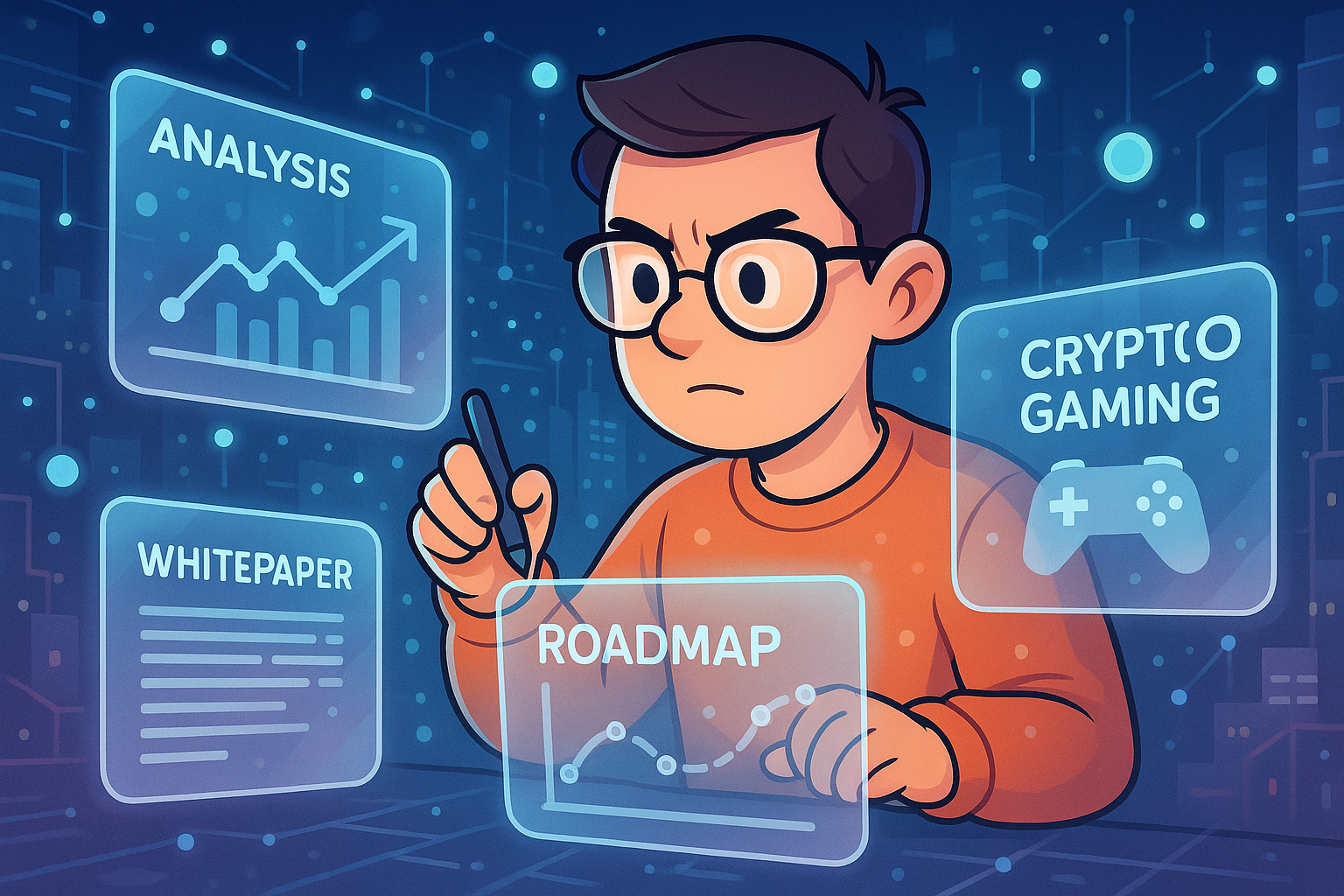
2. Fortify Your Digital Wallets
Your crypto wallet is the gateway to your digital assets, and its security is non-negotiable. Always opt for non-custodial wallets (like MetaMask, Phantom, or Trust Wallet) where you, and only you, control your private keys and seed phrase. Never store significant amounts of cryptocurrency or valuable NFTs in exchange-based (custodial) wallets for gaming, as these are more vulnerable to hacks or service interruptions. For substantial holdings, a hardware wallet (like Ledger or Trezor) provides the highest level of security, keeping your private keys offline and inaccessible to online threats.
Your seed phrase (a series of 12 or 24 words) is the master key to your wallet. Treat it like pure gold. Never share it with anyone, never type it into any website, and never store it digitally (e.g., in an email, cloud storage, or on your computer). Write it down on paper and store it in multiple secure, physical locations, preferably fire-proof and water-proof. Implement strong, unique passwords for all your crypto-related accounts and enable Two-Factor Authentication (2FA) wherever available. A common best practice is to use a separate, "burner" wallet with minimal funds specifically for interacting with new or unverified crypto games, keeping your main wallet with larger holdings isolated. Regularly review and revoke any unnecessary smart contract permissions granted by your wallet to various decentralized applications (dApps), as these can be exploited if the dApp is compromised.
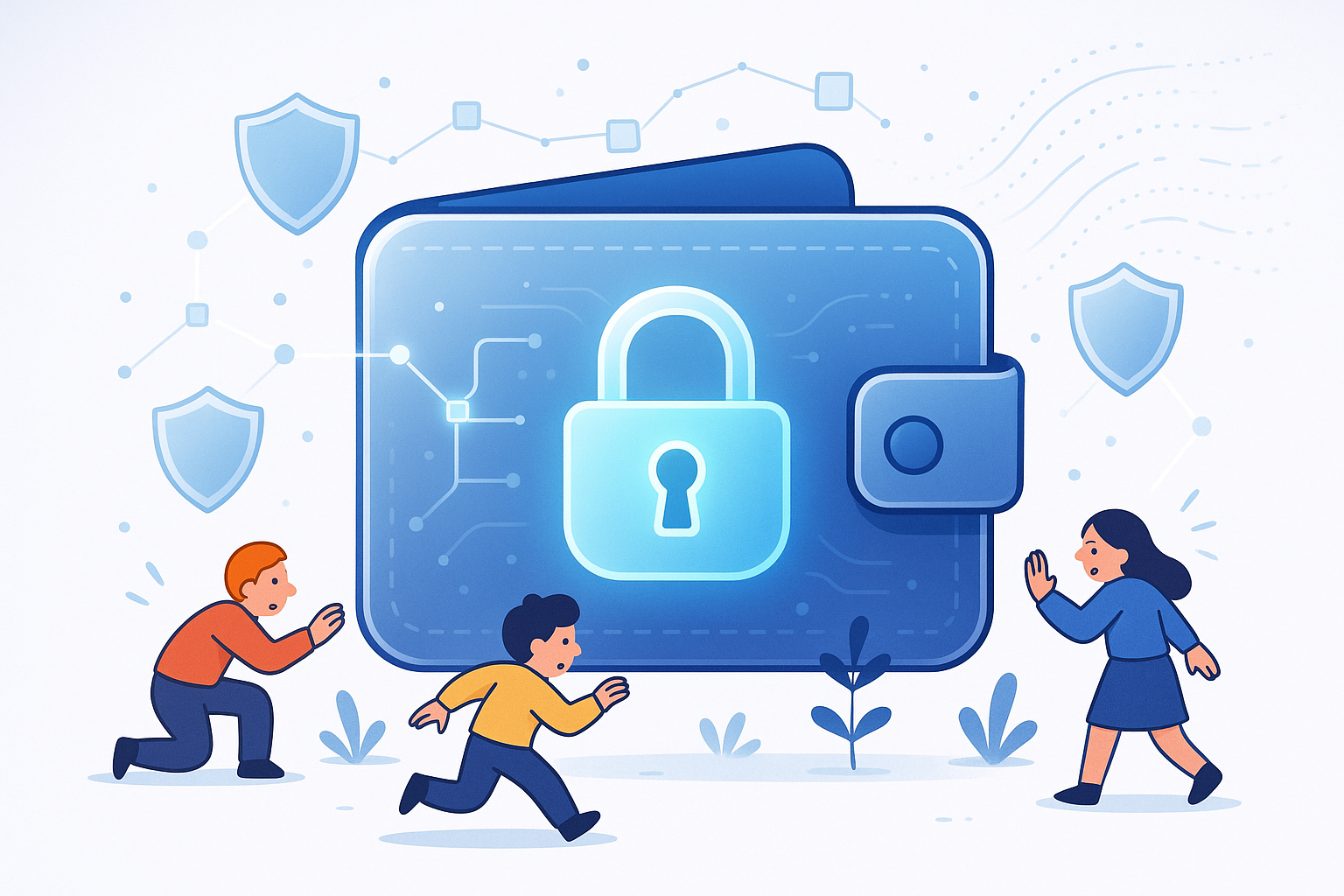
3. Recognize and Avoid Scams
The allure of quick riches in crypto gaming often attracts bad actors. Be relentlessly skeptical. Phishing scams are rampant: malicious websites or applications designed to look identical to legitimate ones, aiming to trick you into entering your seed phrase or connecting your wallet. Always double and triple-check the URL of any website before interacting with it. Bookmark official links and use them consistently.
Beware of "rug pulls," where project developers abandon the game after raising significant funds, leaving investors with worthless tokens. Signs include anonymous teams, rapid token price pumps followed by an abrupt crash, lack of development progress, and community managers disappearing. "Pump-and-dump" schemes involve artificially inflating a token's price through coordinated hype, only for the perpetrators to sell off their holdings at the peak, leaving late investors with heavy losses. Fake NFT projects, giveaways, and airdrops are also common; if an offer seems too good to be true, it almost certainly is. Always verify official announcements through multiple trusted channels and remember that legitimate projects will never ask for your seed phrase or private keys.
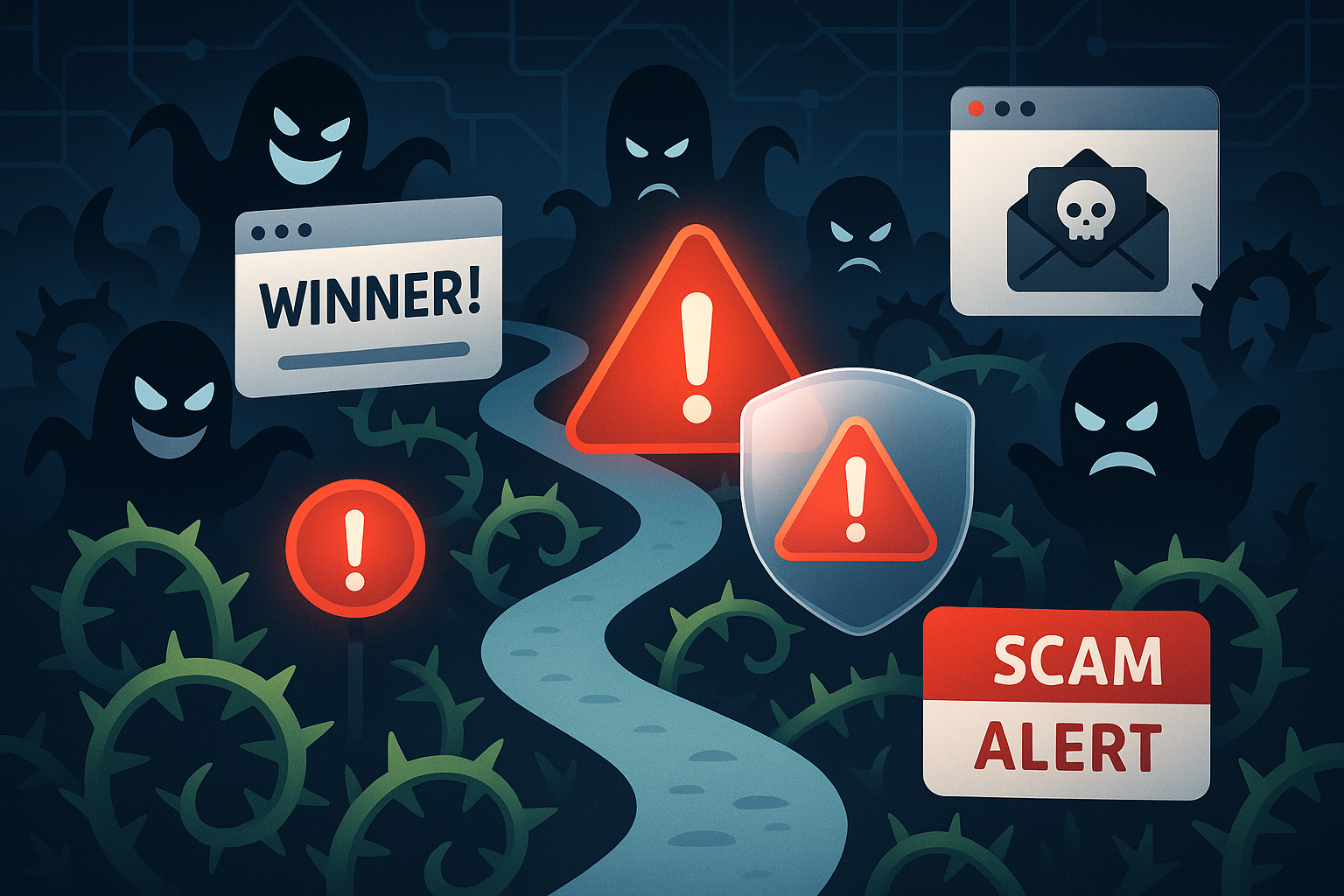
4. Understand Smart Contracts and Audits
Smart contracts are the backbone of crypto games – self-executing code that lives on the blockchain. While revolutionary, they are not infallible. Bugs or vulnerabilities in a smart contract can be exploited by hackers, leading to lost funds or compromised assets. This is why independent smart contract audits by reputable cybersecurity firms are crucial. An audit rigorously examines the code for security flaws, backdoors, and potential exploits. Before engaging with a game, look for clear evidence of a completed audit from a well-known auditor. Review the audit report itself; it should be publicly available and detail any identified vulnerabilities and their resolutions. While an audit doesn't guarantee absolute security, it significantly reduces the risk of major vulnerabilities. Projects that skip audits or use obscure auditors should be approached with extreme caution.
5. Managing Your Investments and Risk
The volatile nature of cryptocurrencies and NFTs means that prices can fluctuate wildly. Never invest more than you can comfortably afford to lose. Treat your crypto gaming ventures as speculative investments. Avoid the temptation to go "all in" on a single project, no matter how promising it seems. Diversification across different games, projects, and asset types can help mitigate risk. Consider strategies like Dollar-Cost Averaging (DCA), where you invest a fixed amount regularly, regardless of the asset's price, to average out your purchase price over time. Understand that the value of in-game assets and tokens can drop to zero, especially in new or unproven projects. Take profits judiciously when opportunities arise and don't let "fear of missing out" (FOMO) drive irrational decisions. A long-term perspective, coupled with realistic expectations, is key to sustainable engagement in crypto gaming.
Practical Habits for Daily Play: Staying Vigilant
Verify URLs, Always
Before connecting your wallet or interacting with any dApp, take an extra moment to scrutinize the website's URL. Phishing sites often use subtle misspellings or different domain extensions. Always use official links obtained from verified social media accounts, project websites, or reputable blockchain explorers. Bookmark your frequently used dApps to avoid accidentally navigating to a malicious imposter site.
Keep Your Software Updated
Ensure your operating system, web browser, antivirus software, and wallet extensions are always running the latest versions. Updates often include critical security patches that protect against newly discovered vulnerabilities. Outdated software is an open invitation for exploits.
Utilize a VPN
When accessing crypto gaming platforms, especially on public Wi-Fi networks, using a reputable Virtual Private Network (VPN) can add an extra layer of security and privacy by encrypting your internet connection and masking your IP address. This makes it harder for malicious actors to intercept your data or track your online activities.
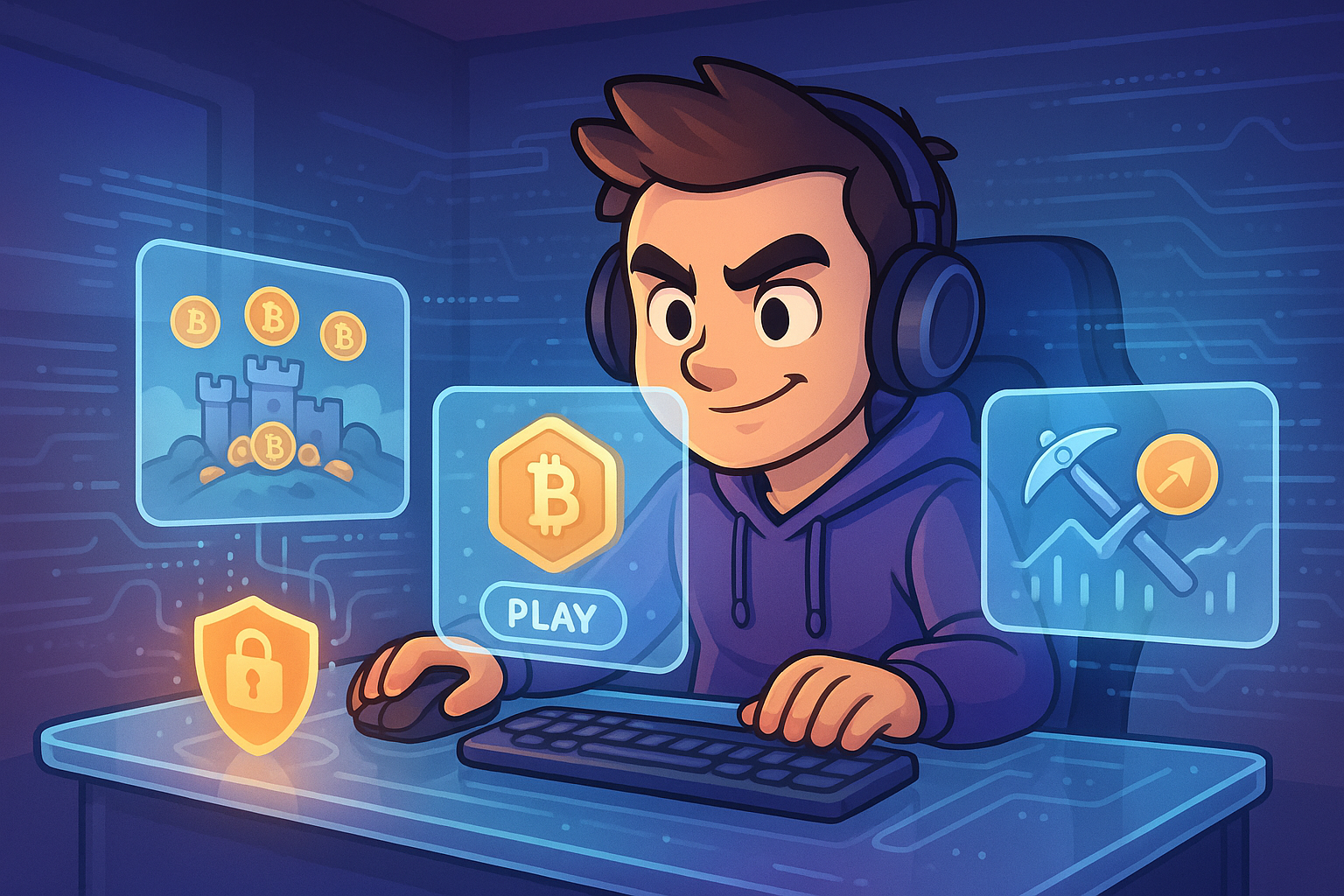
Practice Critical Thinking
If something feels off, it probably is. Be skeptical of unsolicited messages, too-good-to-be-true offers, or pressure to act quickly. Trust your instincts and always pause to verify information independently before taking any action that involves your wallet or personal data.
Regular Security Checks
Make it a habit to regularly review your wallet's transaction history and the permissions you've granted to various dApps. Utilize tools available from services like Revoke.cash or Etherscan (or equivalent explorers for other blockchains) to identify and revoke any outdated or suspicious approvals. This simple step can prevent an exploited dApp from accessing your assets without your knowledge.
The Future is Bright, but Prudent
Crypto gaming is an exhilarating frontier, blending the thrill of gameplay with the innovation of decentralized finance. It offers unprecedented opportunities for player ownership, economic participation, and creative expression within virtual worlds. However, its nascent stage means it also harbors significant risks that demand vigilance, education, and a cautious approach. The responsibility for securing your assets and ensuring a safe experience ultimately rests with you, the individual player.
By diligently researching projects, fortifying your digital wallets, actively recognizing and avoiding scams, understanding the technical underpinnings, and adopting smart investment habits, you can significantly mitigate the inherent risks. Embrace continuous learning, stay informed about the latest security threats and best practices, and engage with the community responsibly. The digital realm rewards the prepared and the prudent.

With knowledge as your primary defense and caution as your guiding principle, you are well-equipped to explore the thrilling world of crypto gaming. Play smart, stay safe, and enjoy the revolution!

